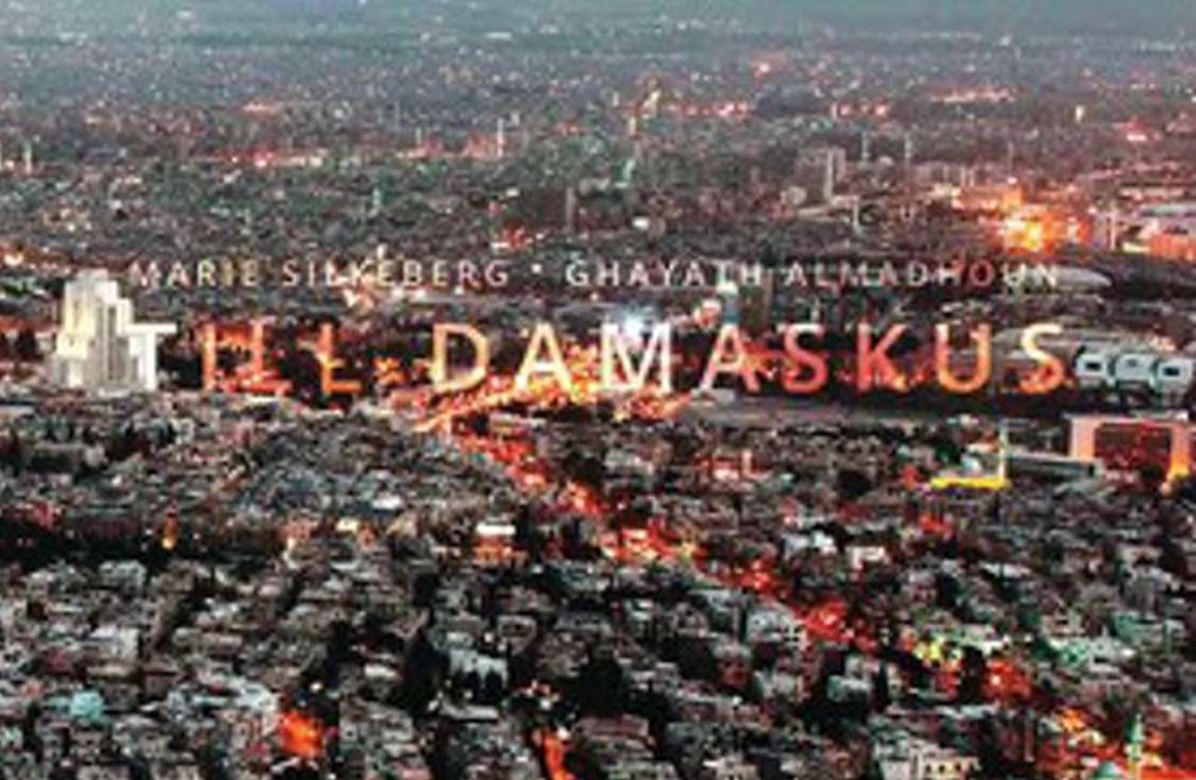For the last two weeks, we presented the nonfiction and fiction winners of our annual Close Approximations translation contest, picked by Margaret Jull Costa and Ottilie Mulzet respectively. This week, we present the poetry winners: Swedish poet Marie Silkeberg and her co-translator Kelsi Vanada for their rendition of Silkeberg’s rapid-fire prose poetry, presented in squares, after the black squares of Malevich. Judge Michael Hofmann, one of the six most esteemed literary translators working today according to The Wall Street Journal, whittled his selection down to five entries. “Thereafter, things might have gone differently, all my choices were so incomparably dissimilar. In the end, I asked myself what poems would I most like to see published, to read a book of, to live with and deepen my understanding of, and that gave me my winner.”
—The editors at Asymptote
***
said his name. to whom. why. a crossing point. a home. army hotel. attachment building zone. adoptions. Hanoi. soldiers. infants. storm’s coming. we were at the red river. saw a wholly naked bleeding man wrapped in blue plastic. two policemen followed him. humidity rises. after the rain. storm now over Ha Long Bay. literature’s temple. the black space he falls into. rain falls over the streets. people wander in large plastic sheets. hurry. a Chinese man. or Vietnamese. wide round eyes. when I turn around we look each other in the eye. a glance. a glancing moment. double stage. the actors laugh. at our naiveté. examine how it feels. to be able to feel such confidence. to tell a sad story about a family in peacetime. in the morning. in half-sleep. in precisely his eyes. it is raining. I had no luck finding any cigarettes. dial 209 he says. to order. is not the heart the organ of repetition writes M. Ho Chi Minh Mausoleum. do you lose. or find. so many people everywhere. at each task. in clusters. taxi drivers waiters flower vendors. high humidity. the seven eight month-old children. the expectant parents. how does it sound. she asks the Vietnamese actors. the village you come from. big clusters. flocks of mopeds move among each other. rush between the cars. rapid movements of sadness tenderness run over her face. one pillar pagoda. disgust and pleasure. desire and anger. delta. the black square. darkness. at six o’clock already. begins to fall READ MORE…


